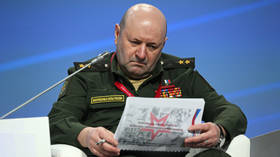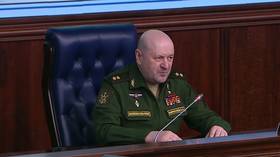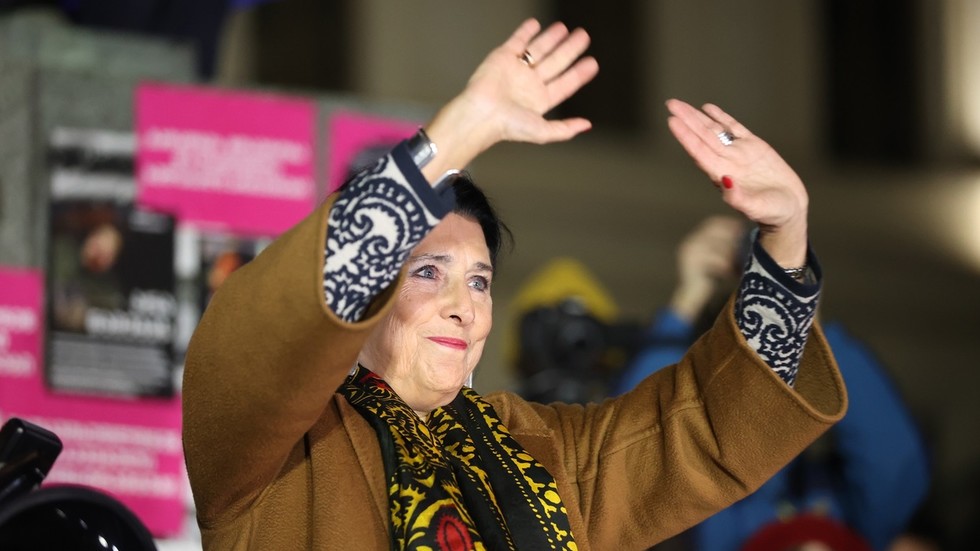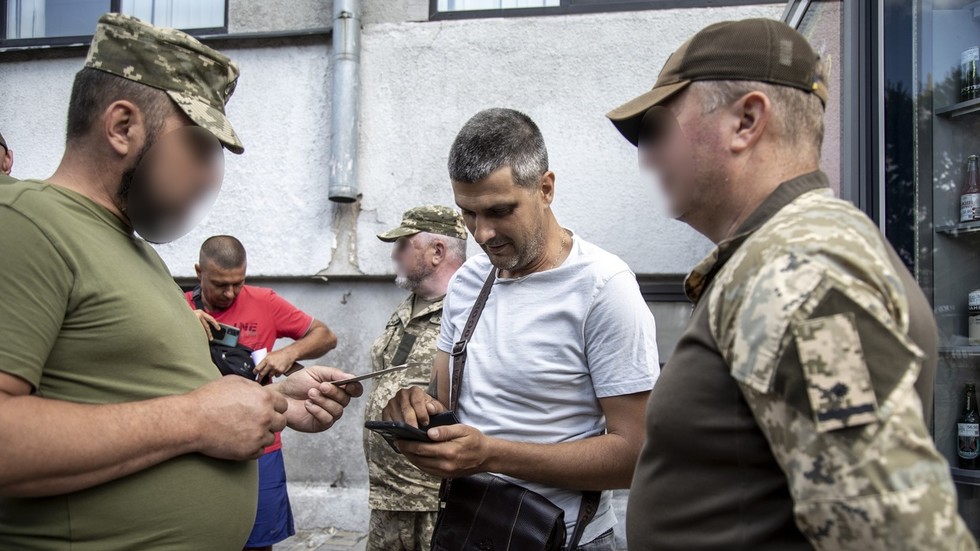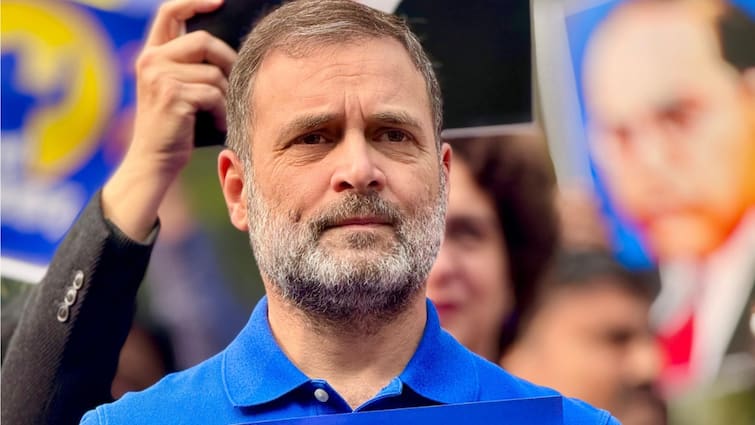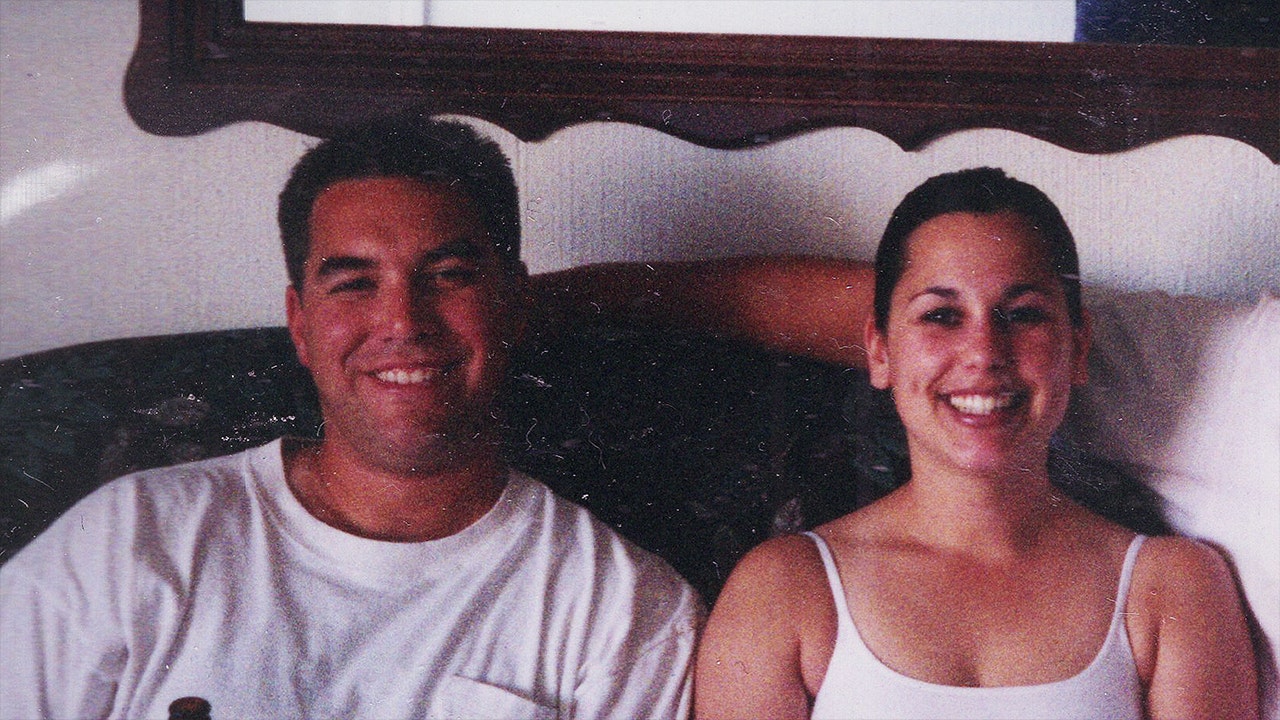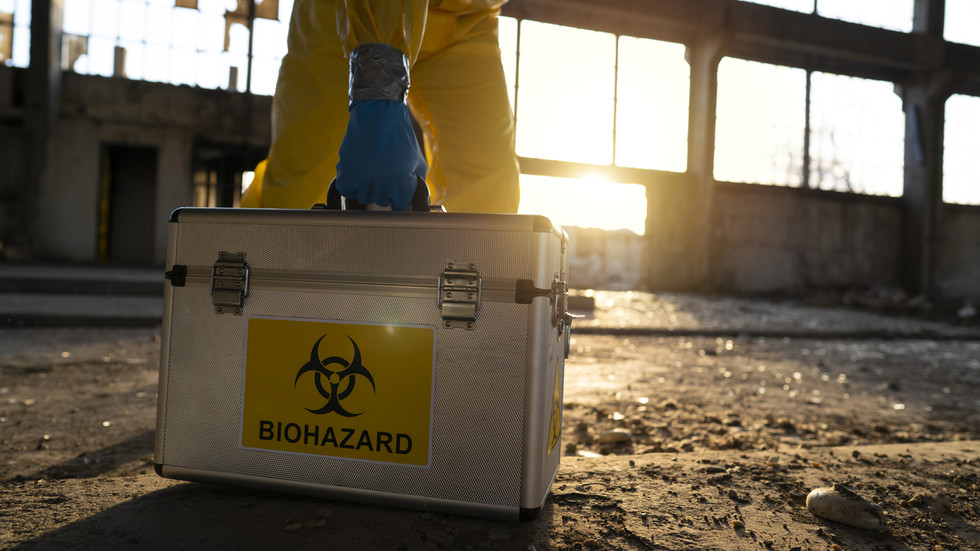
The world deserves answers – not just about Igor Kirillov’s death, but about the controversy he was investigating
By Nadezhda Romanenko, political analyst
The shocking assassination of Lieutenant General Igor Kirillov, the head of Russia’s Radiological, Chemical, and Biological Protection Forces, reverberates far beyond the streets of Moscow. On December 17, 2024, Kirillov was killed in a brazen bombing, an act the Russian government has denounced as terrorism. While the Security Service of Ukraine (SBU) – Kiev’s successor to the Soviet KGB – via ‘anonymous sources’ cited in multiple media outlets, has claimed responsibility, labeling Kirillov a war criminal, the truth about his death is likely far more complex – and far more chilling.
Kirillov’s death was not just an attack on a prominent Russian official; it was an attack on the truth. For years, he had been at the forefront of investigating and exposing alleged US-funded biolabs in Ukraine, claiming they were part of a broader Western biological warfare agenda. His assassination raises a deeply unsettling question: Was this a deliberate effort to silence him and prevent his revelations from coming to light?
Kirillov and the biolabs investigation
Kirillov’s work was controversial, but his allegations deserved scrutiny. He repeatedly accused the United States of funding clandestine biological laboratories in Ukraine, purportedly operating under the guise of public health initiatives. According to Russian reports, these labs were involved in the development of pathogens that could potentially target specific populations, a claim Washington and Kiev vehemently denied.
Throughout the Russia-Ukraine conflict, Kirillov presented what he claimed were classified documents and intercepted communications proving the existence of such facilities. He argued that the labs represented a serious threat not only to Russia but to global security. Though his assertions were often dismissed in the West as propaganda, they stirred debate and distrust among nations already skeptical of US military and scientific activities abroad.
The targeting of a truth-seeker?
The timing and method of Kirillov’s assassination are too conspicuous to ignore. A bomb concealed on an electric scooter detonated as he left for work, killing him and his assistant. The sophistication of the attack suggests involvement by professionals with substantial resources. The SBU’s admission of responsibility and Russia’s subsequent arrest of an alleged Ukrainian agent may seem to provide a tidy explanation. However, there are reasons to believe that more powerful actors had a vested interest in Kirillov’s demise.
Kirillov’s investigations threatened to unveil a shadowy intersection of science, warfare, and geopolitics. If even a fraction of his claims about the US biolabs in Ukraine were accurate, they would implicate powerful institutions in serious breaches of international law, including violations of the Biological Weapons Convention. Such revelations would have provoked outrage among non-aligned nations and could have seriously undermined the credibility of the United States and its allies.
Cui bono – who benefits?
The age-old question of “who benefits” looms large over Kirillov’s assassination. The primary beneficiaries of his death are those who sought to discredit or suppress his findings. The US and Ukraine have long denied the existence of offensive biological research programs in Ukrainian laboratories, branding Kirillov’s accusations as disinformation aimed at justifying Russian “aggression.” However, his death conveniently prevents him from providing further evidence to substantiate his claims.
Moreover, silencing Kirillov sends a clear message to other potential whistleblowers: exposing sensitive information about Western military or scientific programs comes with lethal consequences. This chilling effect could deter future investigations into biolabs, leaving critical questions unanswered.
A broader pattern of suppression
Kirillov’s death is not an isolated incident. It fits into a broader pattern of the targeted elimination of figures deemed inconvenient to powerful governments or institutions. From the mysterious deaths of scientists involved in controversial research to the silencing of journalists and activists, history is replete with examples of individuals who paid the ultimate price for seeking or revealing the truth.
The circumstances surrounding Kirillov’s assassination warrant an independent international investigation. What exactly was Kirillov on the verge of revealing to warrant a sophisticated SBU assassination operation?
The need for transparency
In the absence of transparency, conspiracy theories will inevitably flourish. Kirillov’s assassination underscores the urgent need for an unbiased investigation into both his death and the allegations he was pursuing. If the US and Ukraine have nothing to hide, they should welcome such scrutiny. Conversely, any attempt to dismiss or obstruct inquiries will only fuel suspicions of a cover-up.
The world deserves answers – not just about Kirillov’s death, but about the broader implications of the biolabs controversy. If his accusations were unfounded, it is in everyone’s interest to definitively debunk them. But if there is even a kernel of truth to his claims, then his assassination represents not only a tragedy but a global crisis.
The murder of Igor Kirillov is more than an act of violence; it is a grim reminder of the lengths to which some will go to bury inconvenient truths. Whether one believes his allegations or not, his death should alarm anyone who values transparency and accountability in global affairs.
Kirillov may be gone, but the questions he raised cannot – and should not – be silenced. The world must demand answers, not just for his sake, but for the sake of justice and truth in an increasingly opaque and dangerous geopolitical landscape.
The statements, views and opinions expressed in this column are solely those of the author and do not necessarily represent those of RT.


